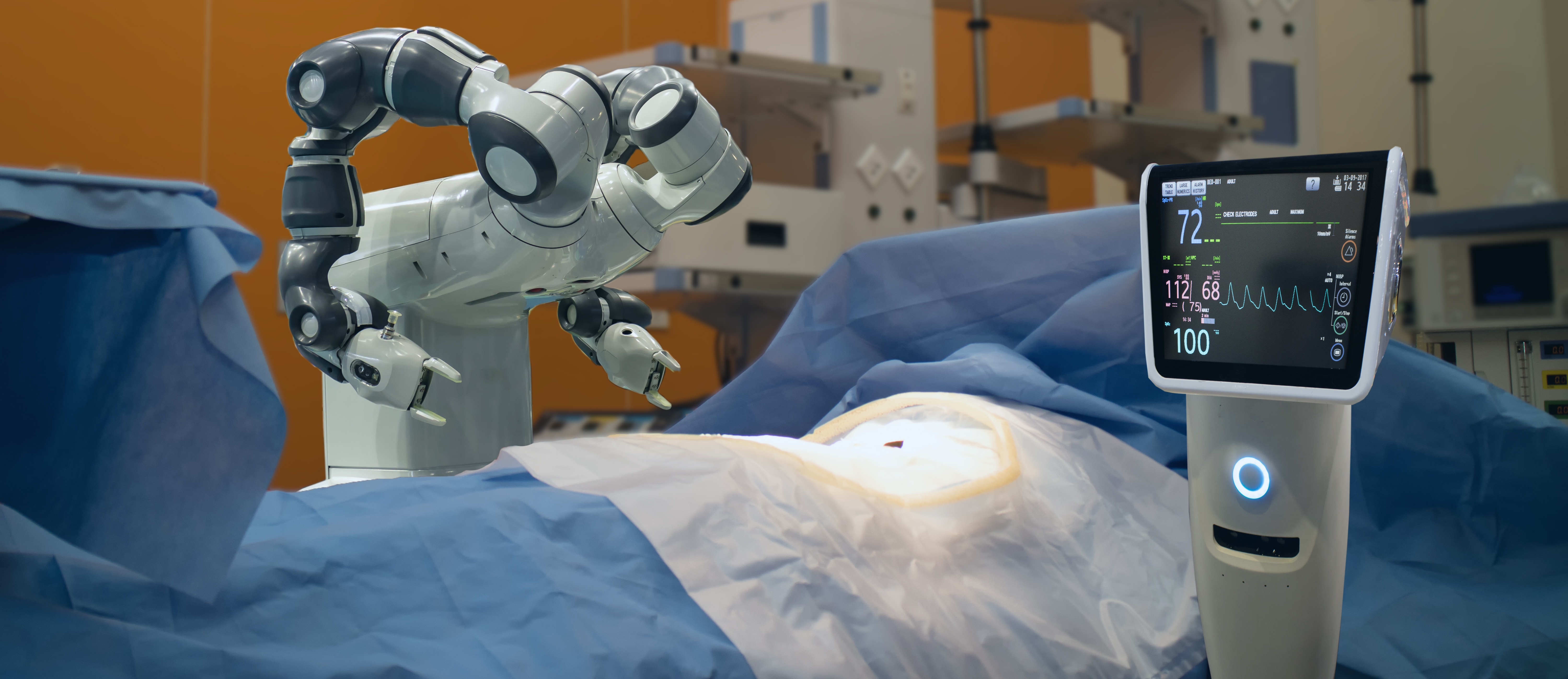
One of the numerous benefits of AI in healthcare is the extent to which it can more thoroughly review diagnostic images to ensure nothing is missed. For example, while it’s long been understood that regular screening for colon cancer can significantly reduce the risk of death, rates of detection of pre-cancerous lesions called adenomas can vary widely from physician to physicians.
That’s the backdrop for a recently published study in the journal Clinical Gastroenterology and Hepatology in which a team of researcher-clinicians led by gastroenterologists at Beth Israel Deaconess Medical Center (BIDMC) determined that AI-aided imaging review can significantly reduce the number of lesions potentially overlooked.
“Our study demonstrates that computer-aided polyp detection has the potential to decrease variability in colonoscopy quality among providers by reducing the miss rate even for experienced physicians,” said senior author Tyler M. Berzin, MD, director of the Advanced Endoscopy Fellowship at BIDMC, in a statement. “These results suggest that artificial intelligence may be an important tool to help reduce the incidence of colorectal cancer in the U.S. through improvements in screening quality.”
The study is the first randomized trial examining the role of a deep-learning based computer-aided detection system during colonoscopy in the United States and is also one of the first randomized trials examining the role of an artificial intelligence intervention in any field of medicine.
For the study, Berzin, also an associate professor of medicine at Harvard Medical School, and colleagues enrolled 223 patients presenting for colorectal cancer screening or surveillance at four academic medical centers in the U.S. from 2019 through 2020. All patients underwent both the standard high-definition, white light colonoscopy and a computer-aided detection assisted colonoscopy. Half were randomized to undergo the standard colonoscopy first, followed immediately by the other procedure in tandem fashion by the same endoscopist. The other enrollees were randomized to receive the procedures in reverse order.
The team found that for the group that underwent computer-aided colonoscopy first, the adenoma miss rate was just above 20 percent, significantly lower than the 34 percent miss rate among those who received standard high-definition white light colonoscopy first.
“This trial has implications beyond colorectal screenings, as we believe it to be one of the first U.S. prospective randomized control trials evaluating an artificial intelligence technology in any field of medicine,” noted first author Jeremy R. Glissen Brown, MD, a fellow in the Division of Gastroenterology & Hepatology at BIDMC. “While deep learning for the purposes of artificial intelligence has been area of intense commercial and research focus for the past five years, it is crucial that we collect high-quality, rigorous data in the form of randomized clinical trials in order for us to incorporate AI safely and effectively in medical practice.”
Photo by Ekkasit/Getty Images


